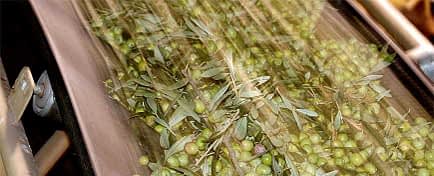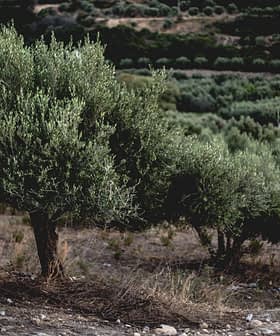The Andalusian company Bioazul from Malaga, has developed a recycling system, called Algatec, for the reuse of water after the washing of olives. The process uses algae and sunlight to decontaminate wasted waters.
The technology, developed in the framework of a European project led by the Malaga company, has been tested during the last campaign with very good results. In particular, treated waters have achieved good quality and 90 percent of the water used in a mill can be reused, a figure that had been set in the project objectives. “We have achieved drinking quality in this treated water, in which no pollution remains,” said Antonia Lorenzo, the project coordinator at Bioazul.
The project has been tested in a pilot plant installed at the Almazara de la Cooperativa de los Desamparados, in Puente Genil (Córdoba ), and is ready for the final phase of development before its entry into the market.
The company is now looking for ways to reduce investment, operation and maintenance costs for those plants interested in the Algatec system. At the moment, what a mill would save on water consumption and in discharge canons would not offset the system’s overall cost.
Phases of the system
Algatec is a system that consists of three phases. The first one is a water filtration, prior to the entry into the photobioreactor.
In the second stage, the treatment occurs in the photobioreactor, a transparent tube system, where microorganisms purify the washing water. During this phase, Algatec leverages the power of solar energy, while capturing CO2 from the atmosphere to be reused in biological processes occurring within the system. This is where the complicated compounds are degraded.
Finally, the third phase of post-treatment is based on membrane filtration, where water will finally become reusable with “total quality.” The photobioreactor effluent is stored in tanks and then passes through this membrane system, where it is filtered, and the result is a potable water.










